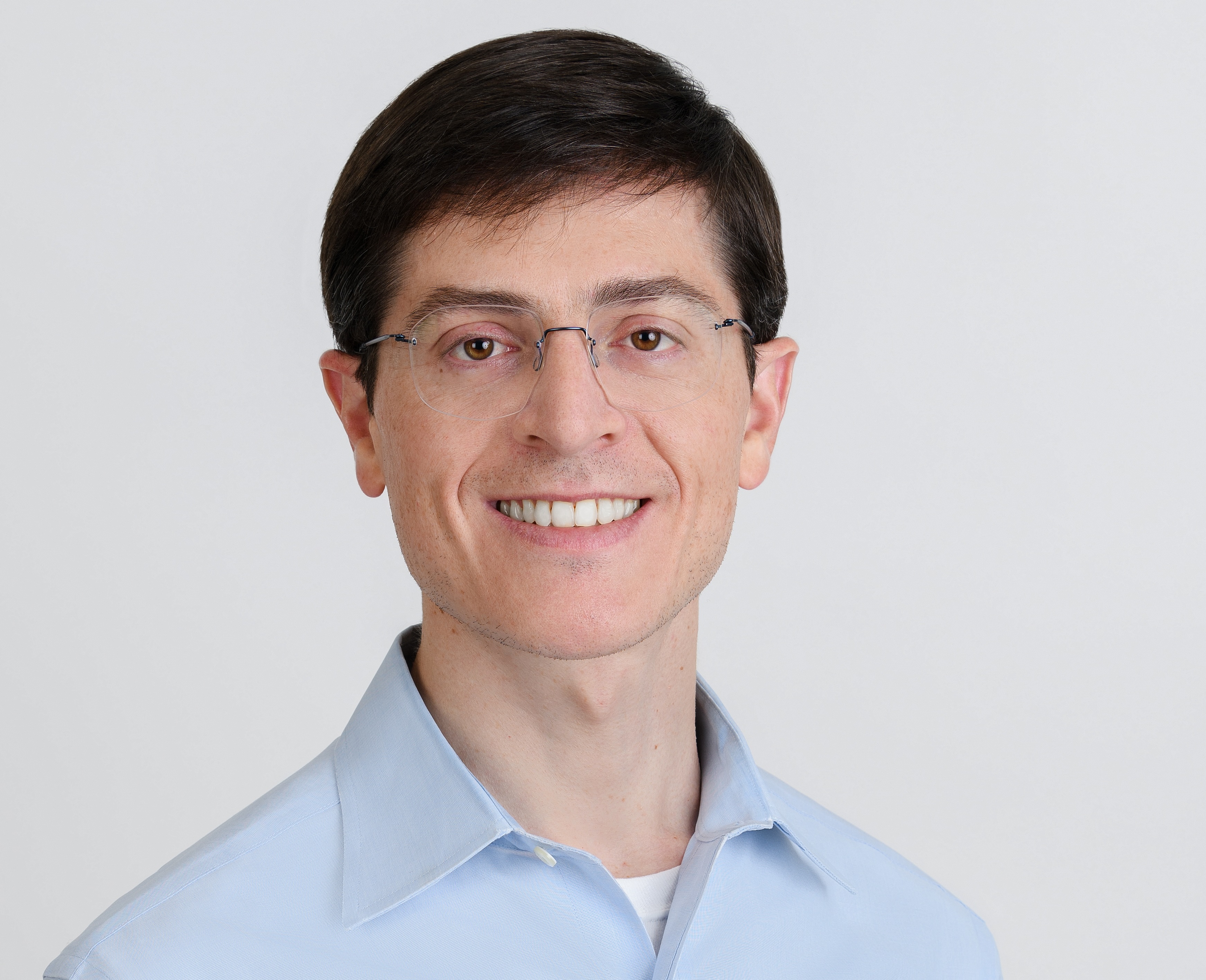
HST alum Benjamin Rapoport.
A Wall Street Journal piece focused on efforts to commercialize brain-computer interfaces, or BCIs, and the involvement of two HST alums. An operation that temporarily implanted a BCI in a patient, was described—moving it one step closer toward becoming a standard of care.
HST
Precision Neuroscience is one of several companies vying to commercialize brain-computer interfaces, or BCIs. Benjamin Rapoport, HST EECS PhD ’11, HST MD ’13, is the chief science officer and co-founder of Precision (he is also a co-founder of Neuralink, another company seeking to commercialize BCIs). In a recent story by Jo Craven McGinty in the Wall Street Journal, a surgery to temporarily implant an experimental device is described. The neurosurgeon who conducted the operation was fellow HST alum, Iahn Cajigas, HST MEMP PhD ’12, HST MD, ’14. According to the reporting in the story, the patient was undergoing brain surgery to relieve symptoms of Parkinson’s disease, and as part of that process, he agreed to have the BCI implanted, to aid in research.
Rapaport describes the need for BCIs as “massive”. From the story: “There are 400,000 severely impaired patients today, (Rapoport) said, and 30,000 or so new patients each year. BCIs could help them win back a measure of independence.”
An excerpt from the story:
In the future, when the BCI is implanted during a dedicated surgery, its electrodes will be placed on the surface of the brain through an incision just large enough to accommodate the array. Its connector will attach to a package of computer chips about the size of 2 1/2 silver dollars stacked atop one another. The package will rest between the scalp and skull, with a wire running under the skin and down the neck, to an antenna and battery embedded in the chest.
The unit’s computer chips will connect wirelessly to an artificial-intelligence app that will translate brain signals picked up by the electrodes into computer code, which would move a mouse, type words or perform other digital tasks.
“To me, that’s incredible,” Rapoport said. “It’s almost science fiction.”
For more on this innovative research, please go to this Wall Street Journal link.